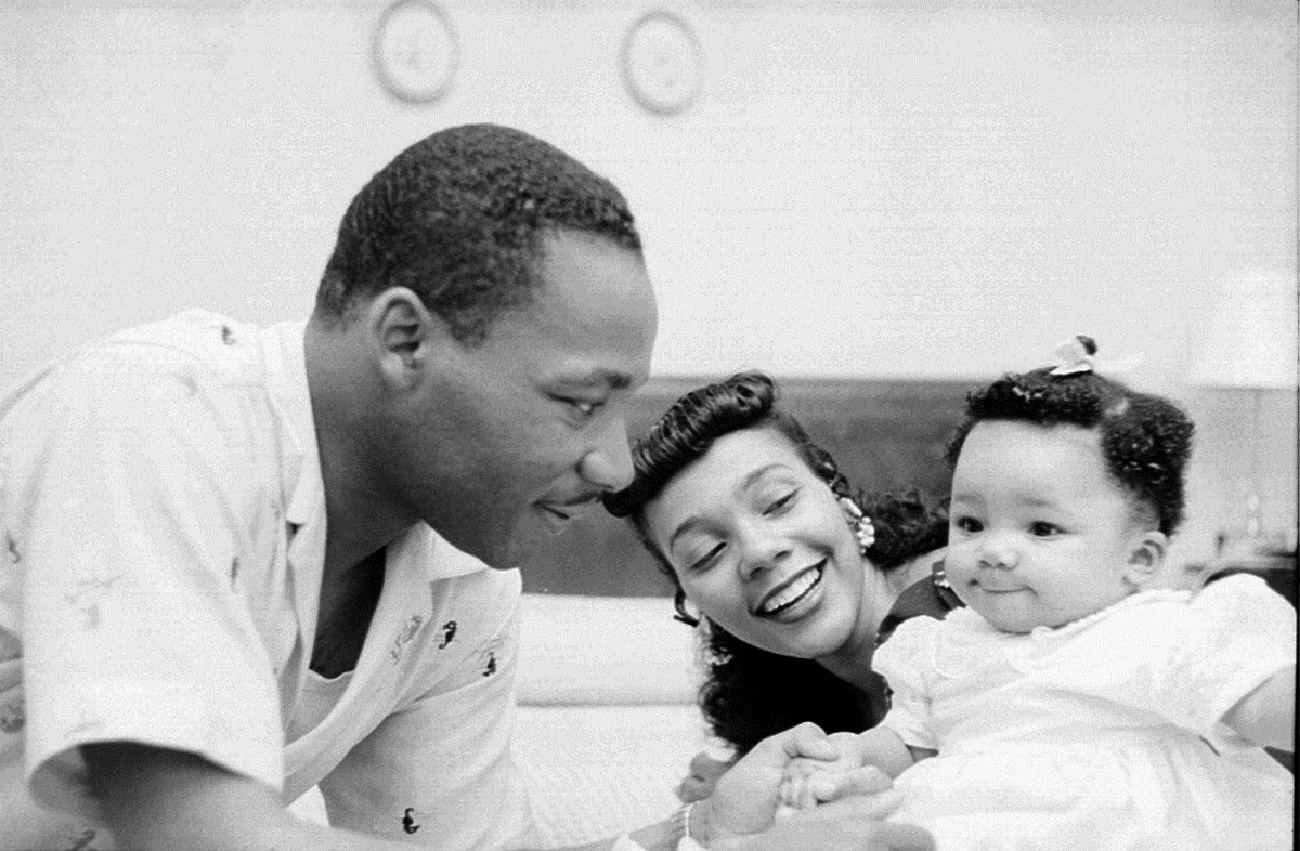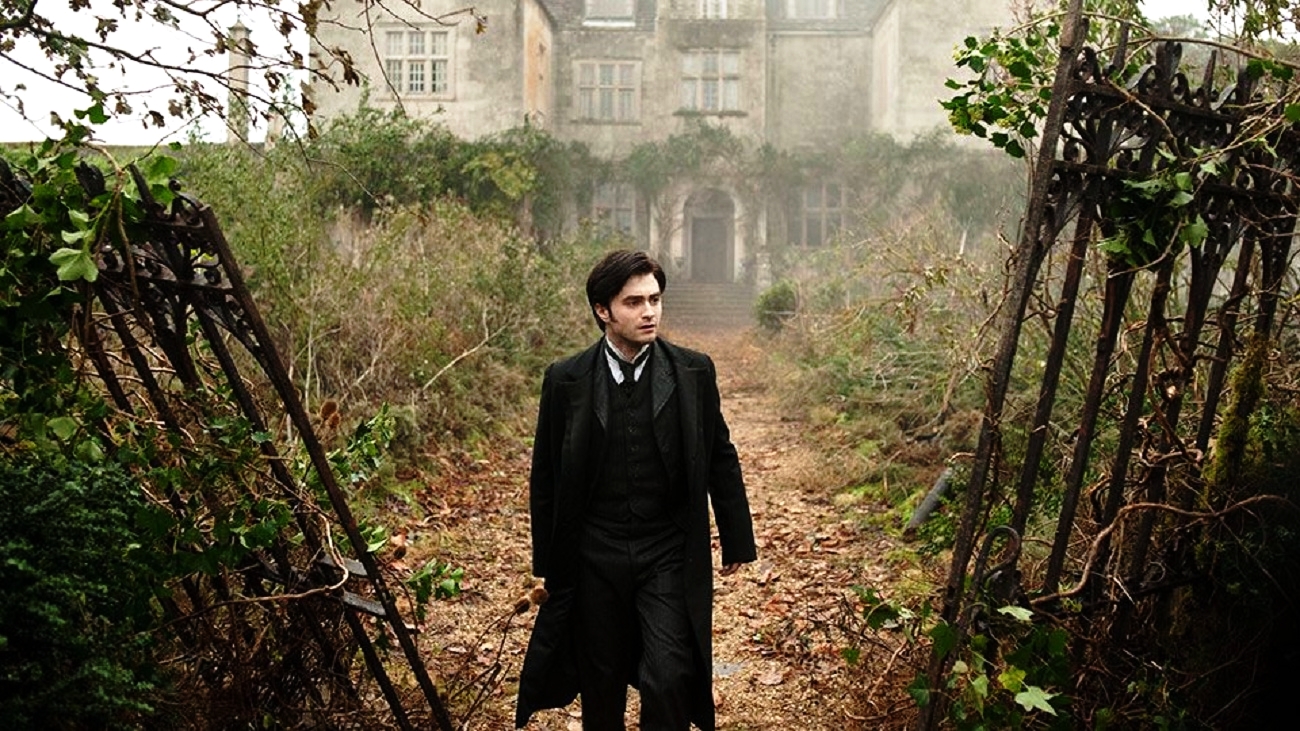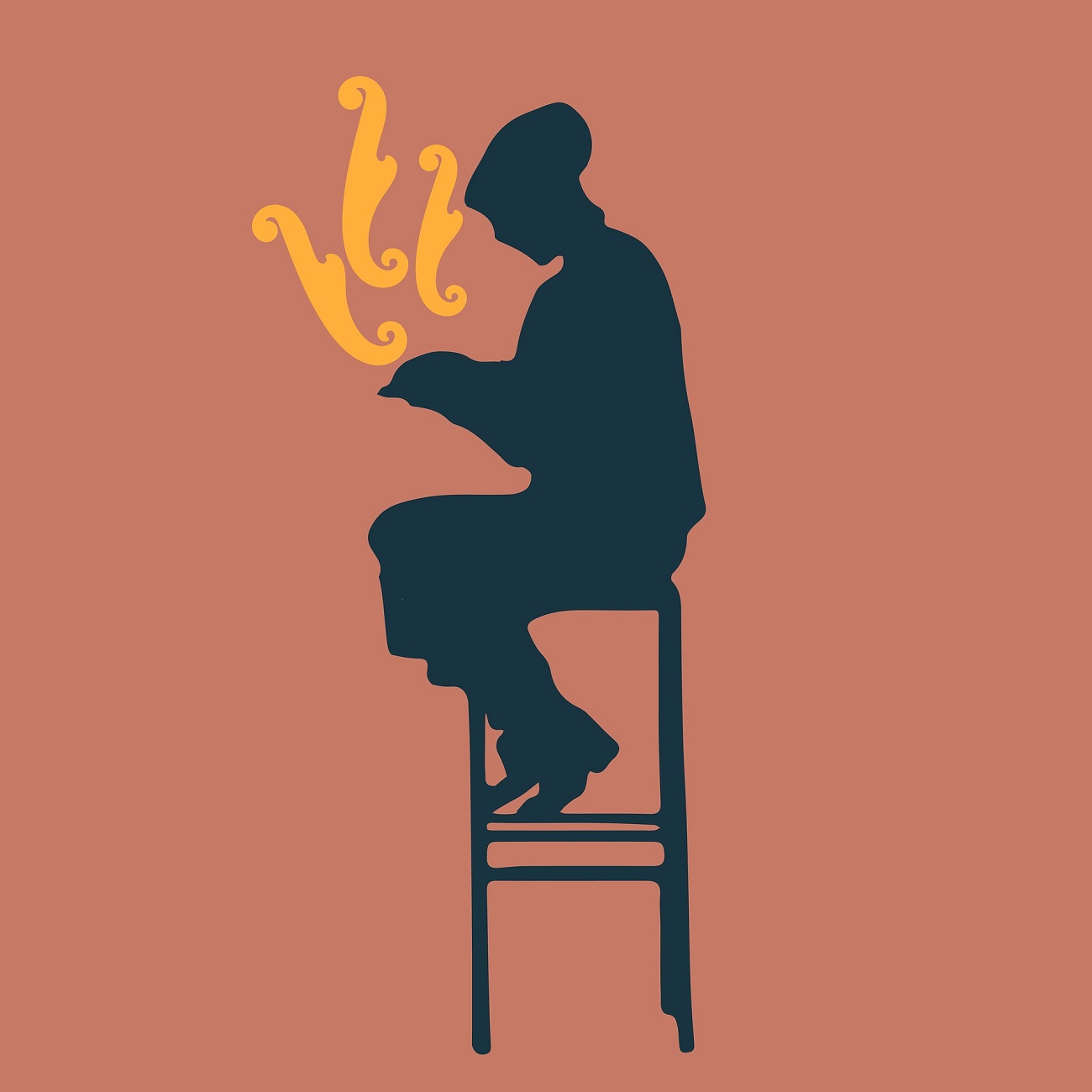The novel, which tells the story of four women living in a small Oregon town, is set in the near future where abortion and in vitro fertilization are illegal in all 50 states. If someone tries to end her own pregnancy, she is jailed, assuming she's still alive. Canada erects a pink wall at its border to keep out abortion-seekers. And with the passage of a new legislation, “Every Child Needs Two," single women are banned from adopting children.
Zuma's narrative moves among the four women as each story is told in short chapters. It begins with Ro, a forty-two-year-old high school teacher, who is trying to conceive a child on her own through expensive medical treatments which she can't afford. Ro is also working on a biography about a female polar explorer. The other woman in the novel, Mattie, is a one of Ro's students. She is brilliant but brief encounters with her boyfriend lead to pregnancy. Then, there's Ro's friend, Susan, who has two toddlers but is trapped in an unhappy marriage. Each chapter tells a different story and is labeled according to the roles each woman has been constricted to. Ro is "The Biographer, Mattie is "The Student," and Susan is "The Wife."
Gin is "The Healer." She is a herbalist who lives in the woods, on her own, with her animals. Ro and Mattie consult with her because her treatments, though illegal, might offer them a solution.
It's easy to get lost in this novel. And it's also easy to believe that the United States is perilously close to a future similar to the one before "Roe v. Wade." So close, in fact, that the Republican tax bill had language in it that would've set a precedent for overturning "Roe v. Wade." There was a provision that would've enabled Americans to open educational savings accounts for their "unborn child." This would've certainly established the fetal personhood claims by Republicans. Thankfully, that provision didn't make it into the final bill. However, we are not in the clearing because we have elected male officials who are determined to take away a woman's right to her own body.
This novel is a great read. Zuma is such a skillful writer that each woman's story does not overshadow the other. These strong and determined women are living in a world long after the speeches and the marches. Long after the votes have been cast. Long after they've lost. It is a warning to never stop fighting, to continue marching and to elect more women whose values are in line with ours.
Red Clocks: A Novel Hardcover – January 16, 2018
by Leni Zumas
Five women. One question. What is a woman for?
In this ferociously imaginative novel, abortion is once again illegal in America, in-vitro fertilization is banned, and the Personhood Amendment grants rights of life, liberty, and property to every embryo. In a small Oregon fishing town, five very different women navigate these new barriers alongside age-old questions surrounding motherhood, identity, and freedom.
Ro, a single high-school teacher, is trying to have a baby on her own, while also writing a biography of Eivør, a little-known 19th-century female polar explorer. Susan is a frustrated mother of two, trapped in a crumbling marriage. Mattie is the adopted daughter of doting parents and one of Ro's best students, who finds herself pregnant with nowhere to turn. And Gin is the gifted, forest-dwelling herbalist, or "mender," who brings all their fates together when she's arrested and put on trial in a frenzied modern-day witch hunt.
RED CLOCKS is at once a riveting drama, whose mysteries unfold with magnetic energy, and a shattering novel of ideas. In the vein of Margaret Atwood and Eileen Myles, Leni Zumas fearlessly explores the contours of female experience, evoking THE HANDMAID'S TALE for a new millennium. This is a story of resilience, transformation, and hope in tumultuous-even frightening-times.































